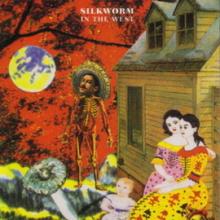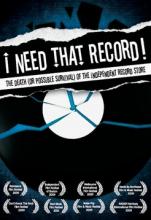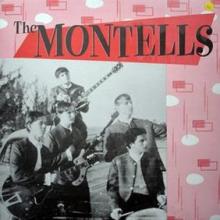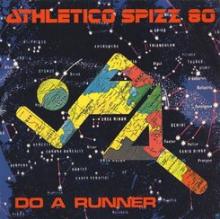Silkworm and Why You Should Keep Your Pavement Records (or MP3s)
Anyway, twenty or thirty years ago, groups weren’t so lucky as to have entire websites dedicated to posting re-written press releases and biographies. And a band, originally from Missoula, Montana, called Silkworm is not only a good historical model of earlier alternative bands, but also an example of what happened to groups back then when they weren’t embraced by the mass culture. Oh, yeah. And if you’ve heard Silkworm’s pretty much on par with Pavement, that’s nuts. They’re not.
Either way, forming in 1987, the band gigged out for at least three years before getting some compositions on tape. That wouldn’t work at all today, but eventually, the group moved to Seattle just in time to hit up all that grunge stuff, even as the media basically ignored the ensemble. What Silkworm was able to do, though, was to release its second long player on C/Z Records, an imprint responsible for issuing the first document of Seattle’s soon-to-be all-star scene. In the West (1994) didn’t and still doesn’t possess the sort of melodic style bands like the aforementioned Pavement or any of those Seattle bands possessed.
There is a bit of entertaining guitar here and there – and enough to land Silkworm a record deal with Matador and then Touch and Go Records. Neither of those things would result in the group heading out to mainstream appreciation, or even underground acclaim. Really, the band remained a second tier attraction even as it relocated to Chicago in order to be closer to its various labels.
The whole thing ended in an avoidable tragedy as the group’s singer was killed in a bizarre car accident. It’s a bummer, but seems to have served to mythologized the group’s work. Whether or not it’s deserved is up for debate, but Pavement’s still more entertaining to listen to.






